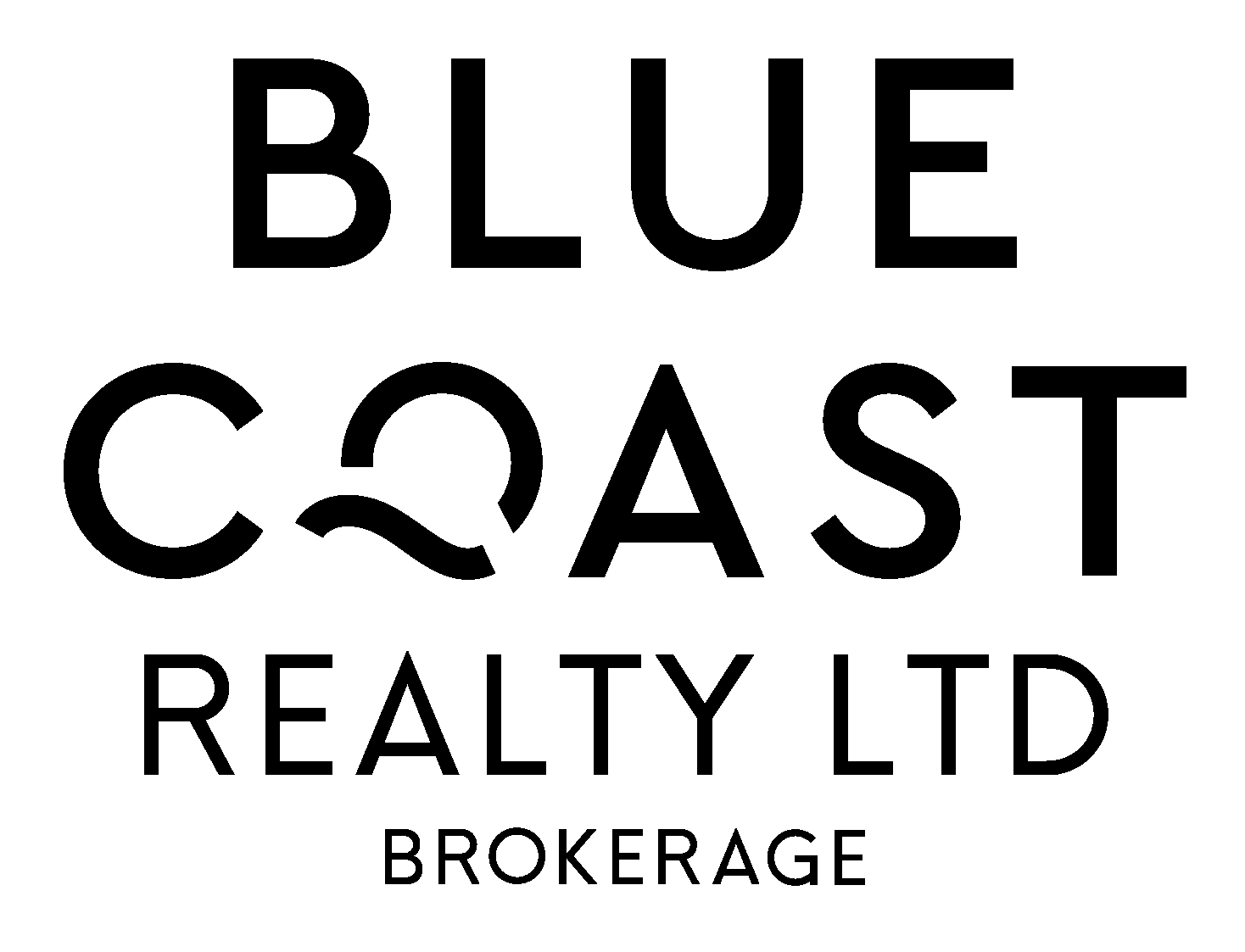
A home inspector's role is to thoroughly inspect and evaluate hundreds of components of a home, including its structure, roof, electrical, plumbing, heating and cooling systems, and more.
Despite the comprehensive nature of a home inspection, it's possible that some tougher-to-spot issues may still slip by. This is why it's important to understand the limitations of a home inspection and take steps to reduce the risk of missing critical problems.
Home inspections are extremely helpful and usually reliable, but even the most experienced inspectors can miss certain issues.
Some of the common issues that may slip past a home inspector include:
Hidden damage:
Water damage is a common issue that can go unnoticed during a home inspection. It often occurs behind walls, under flooring, or within insulation, making it difficult to detect without invasive inspections. A superficial examination may not reveal signs of past or ongoing leaks, which can lead to mold growth, rotting wood, or structural damage. To address this, potential homeowners should consider additional tests, such as moisture readings or thermal imaging, to uncover hidden damage.
Electrical issues:
The electrical system of a home can be complex, and identifying all potential issues requires specialized knowledge. While home inspectors are trained to assess visible aspects of electrical systems, they may not be qualified to detect more intricate problems. Wiring hidden behind walls, outdated electrical panels, or improper installations are examples of issues that may go unnoticed. In some cases, it may be necessary to consult a licensed electrician for a more thorough evaluation.
Issues with plumbing:
Pipes and fixtures located in hard-to-reach areas, such as crawl spaces or behind walls, may not receive a comprehensive inspection. A home inspector may not have the means to access these areas or may not be able to evaluate the condition of every plumbing component. Therefore, it's important to consider hiring a specialized plumber to conduct a detailed inspection of the plumbing system, including sewer lines and water supply connections.
Structural problems:
While a home inspector will assess the visible components of a home's structure, certain issues may go unnoticed, especially if they are concealed by furniture or other items. Foundation cracks, for instance, can be indicators of serious structural problems, but they may not always be visible during a general home inspection. To mitigate the risk of missing structural issues, potential buyers can opt for a separate structural inspection or consult a structural engineer.
Environmental hazards:
Home inspectors may not be trained to identify specific environmental hazards such as lead or asbestos. These materials were commonly used in older homes, and their presence can pose health risks. If the home being inspected was built before regulations restricting the use of these substances were implemented, it is advisable to hire a specialized inspector who can perform tests and provide accurate assessments regarding potential environmental hazards.
To ensure a more thorough home inspection and reduce the risk of critical problems being missed, it is crucial to choose a qualified home inspector. Here are some additional considerations when selecting an inspector:
Qualifications: Look for an inspector with a diverse range of qualifications and certifications from reputable organizations. These certifications demonstrate that the inspector has undergone professional training and met certain standards in the field.
Experience: Consider the inspector's experience and track record. An experienced inspector is more likely to have encountered a wider range of issues and developed the expertise to identify potential problems.
Testimonials: Check for testimonials or reviews from previous clients. Positive feedback from satisfied customers can provide reassurance about the inspector's competence and reliability.
In Canada, several organizations offer certification for home inspectors, including the Canadian Association of Home & Property Inspectors (CAHPI), the National Association of Certified Home Inspectors (NACHI), and the Ontario Association of Home Inspectors (OAHI). While certification is not legally required in Canada, it serves as an indicator of an inspector's commitment to their profession and can provide peace of mind to potential homebuyers.
Remember, a home inspection is a vital step in the homebuying process, but it does have limitations. By choosing a qualified inspector and considering additional specialized inspections when necessary, potential homeowners can increase their chances of identifying potential issues and making informed decisions about their purchase. Investing time and effort into a thorough inspection can save significant costs and headaches in the long run.

